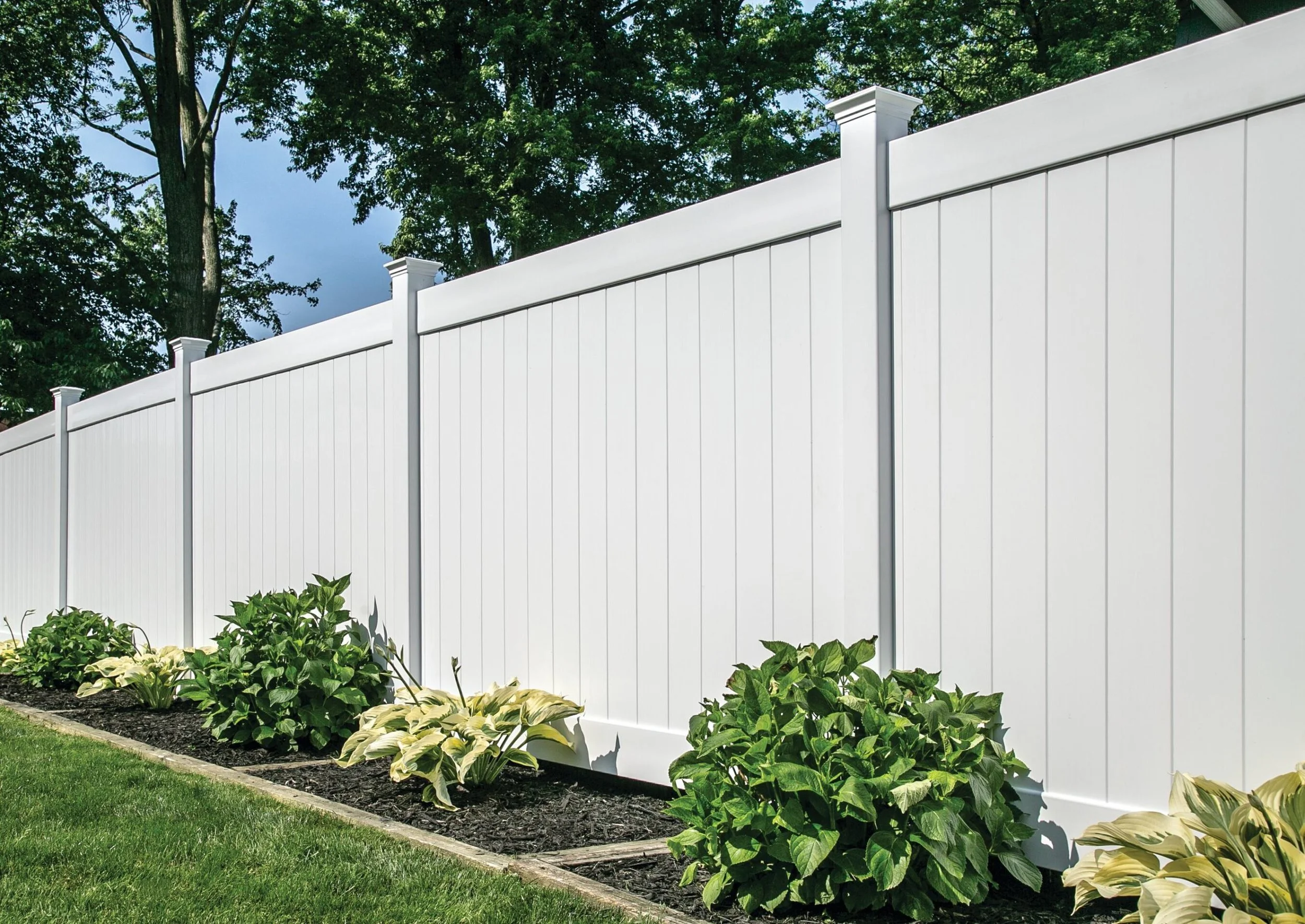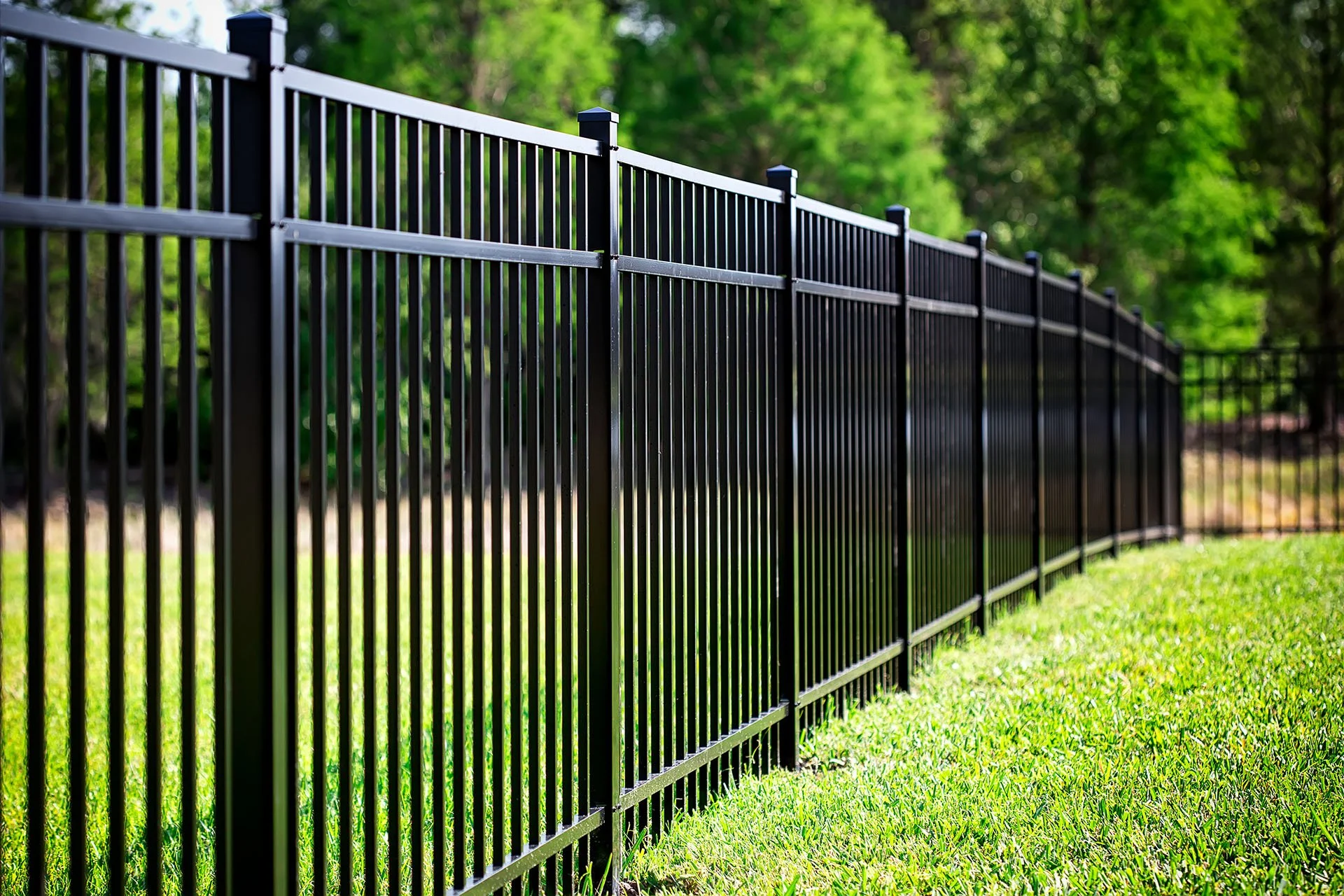The Pros & Cons of Each Fence Material
Wood
One of the most popular and traditional materials, wood offers a natural look, versatility, and can be relatively cost-effective. It's ideal for privacy fences and can be painted or stained to match any style.
Pros:
Natural aesthetic appeal
Versatility in design and customization options
Cost-effectiveness for certain applications
Cons:
Requires regular maintenance such as staining or painting
Susceptible to rot, decay, and insect damage
Limited lifespan compared to other materials
Vinyl (PVC)
Vinyl fencing is known for its durability, low maintenance, and resistance to elements. It doesn't fade, rot, or require painting, making it a long-lasting option that comes in various styles and colors.
Pros:
Low maintenance; does not require painting or staining
Durable and long-lasting; resistant to rot, decay, and insects
Wide range of styles and colors available
Cons:
Higher initial cost compared to some other materials
Limited flexibility in design compared to wood
Can become brittle in extreme cold temperatures
Aluminum
Aluminum fencing is lightweight, rust-resistant, and offers a sleek, elegant look. It's often used for decorative purposes, pool enclosures, and as a low-maintenance alternative to wrought iron.
Pros:
Lightweight and easy to install
Corrosion-resistant and low maintenance
Versatile in design and available in various styles
Cons:
Less privacy compared to other materials
Higher initial cost than some alternatives like chain link
Not as strong as steel or wrought iron



